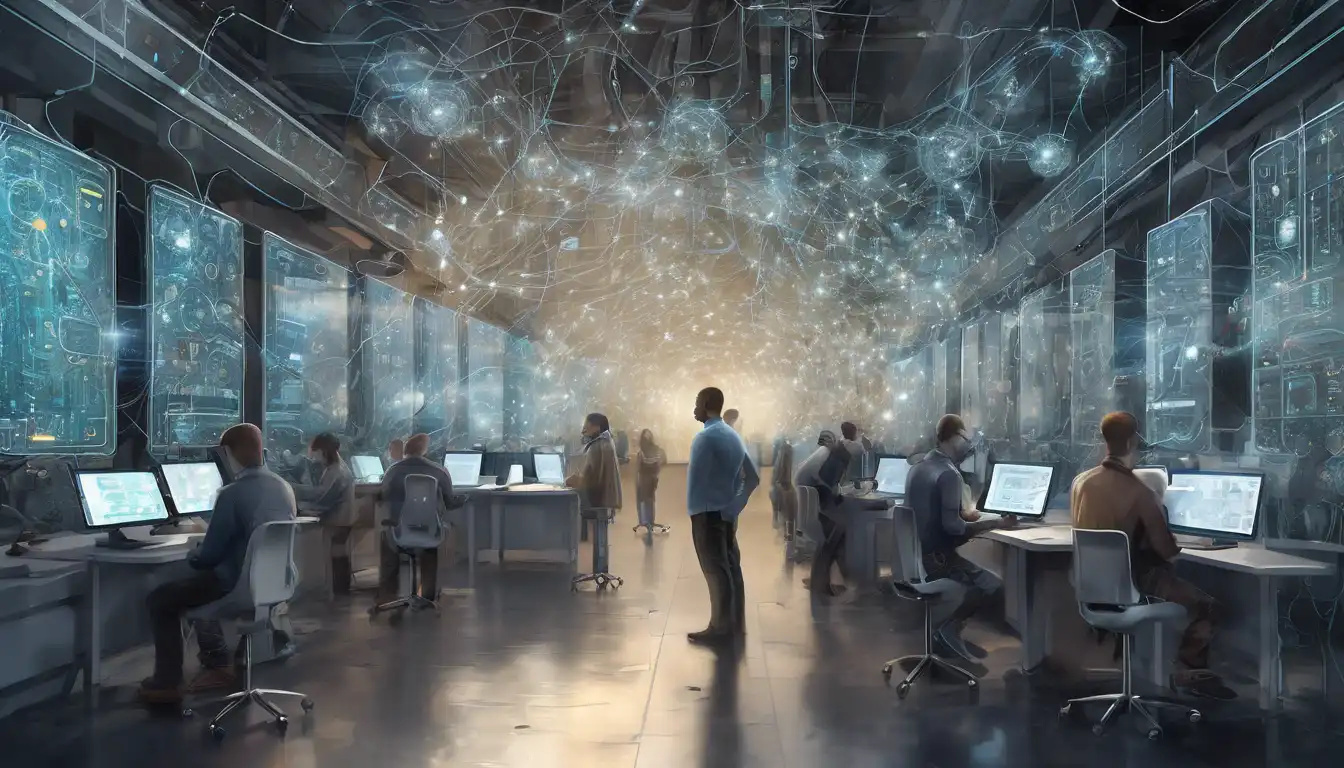The Role of Machine Learning in Customizing User Experiences
In the digital age, personalization is not just a luxury but a necessity. Machine Learning (ML) is at the forefront of this revolution, enabling technologies to adapt to individual preferences and behaviors. This article explores how ML is personalizing technology to enhance user experiences across various platforms.
Understanding Machine Learning and Personalization
Machine Learning, a subset of artificial intelligence (AI), involves the development of algorithms that can learn from and make predictions based on data. Personalization, on the other hand, refers to the customization of services and products to meet individual user needs. Together, they create a dynamic where technology can anticipate user preferences, making interactions more intuitive and engaging.
Applications of Machine Learning in Personalization
From streaming services like Netflix and Spotify to e-commerce giants like Amazon, ML algorithms analyze user data to recommend content and products. Social media platforms use ML to curate feeds based on user interactions, ensuring that the content is relevant and engaging. Even in healthcare, ML personalizes patient care plans based on historical health data.
- Streaming Services: ML algorithms analyze viewing or listening habits to recommend movies, shows, or music.
- E-commerce: Product recommendations are tailored based on browsing and purchase history.
- Social Media: Feeds are customized to show posts from frequently interacted accounts.
- Healthcare: Personalized treatment plans are developed based on patient data.
The Benefits of Personalized Technology
Personalized technology enhances user satisfaction by delivering relevant content and services. It increases engagement, as users are more likely to interact with content that resonates with them. For businesses, personalization drives sales and customer loyalty by providing a tailored shopping experience.
Challenges and Considerations
While the benefits are clear, there are challenges, including privacy concerns and the need for vast amounts of data. Ensuring the ethical use of data and maintaining transparency with users are critical to building trust.
Future of Personalization with Machine Learning
As ML technologies evolve, we can expect even more sophisticated personalization. Advances in natural language processing (NLP) and computer vision will enable technologies to understand and predict user needs with greater accuracy, further blurring the lines between technology and personal assistant.
In conclusion, Machine Learning is transforming the way technology interacts with users, making experiences more personalized and intuitive. As we move forward, the potential for ML to further customize technology is limitless, promising a future where technology understands us better than ever before.
